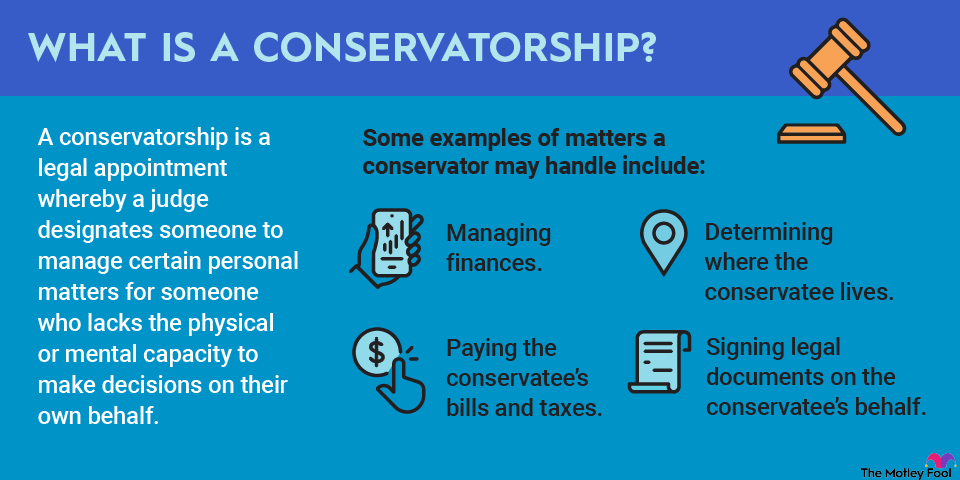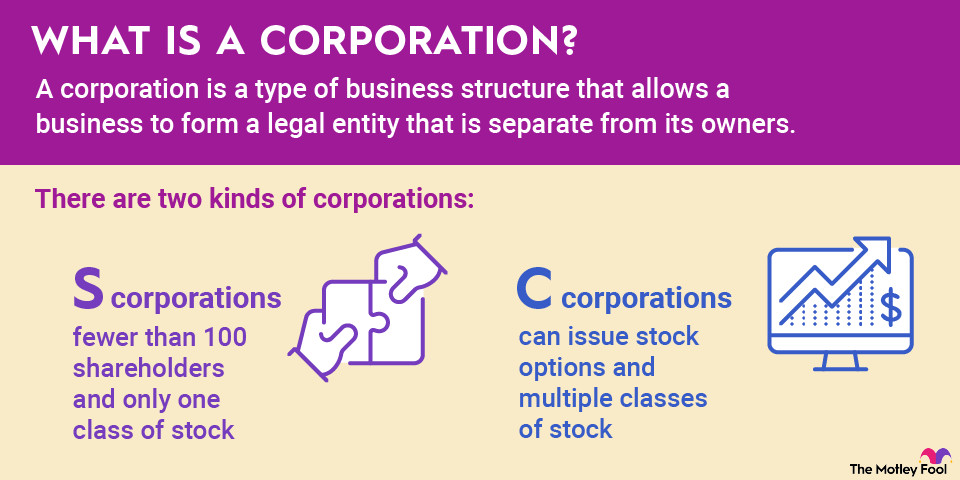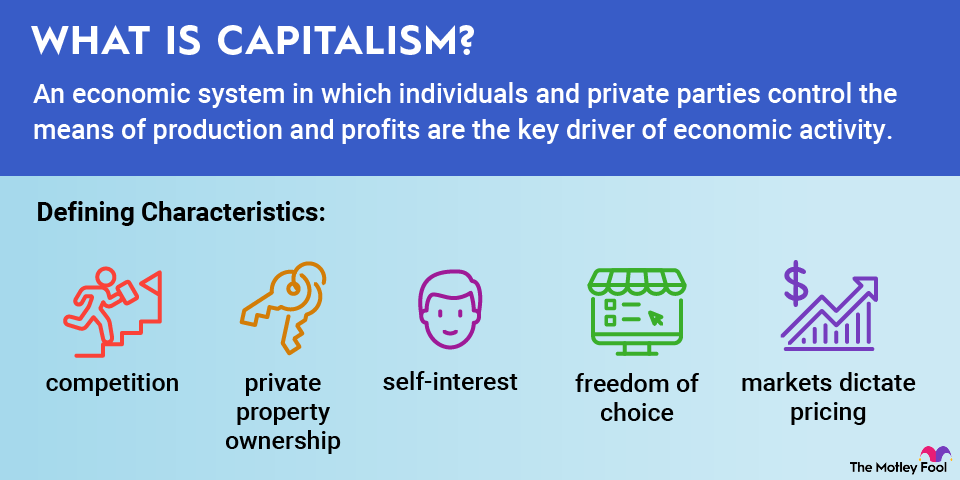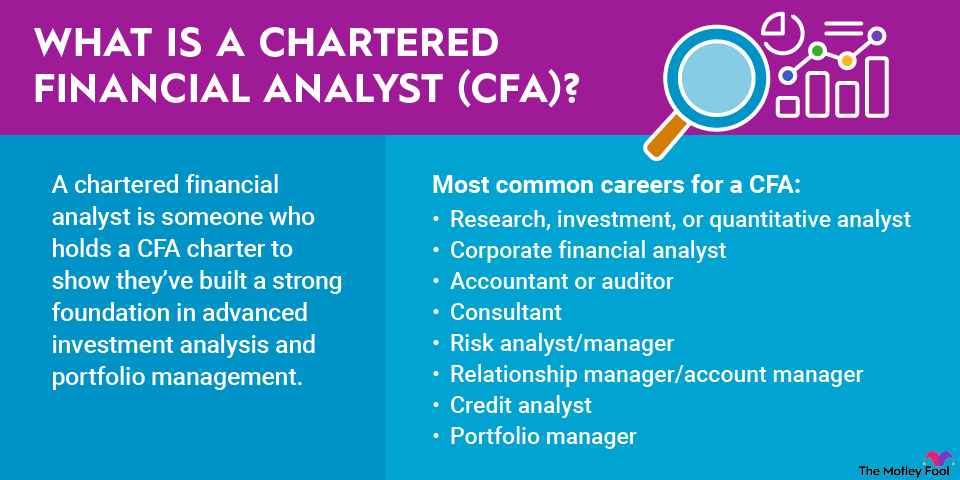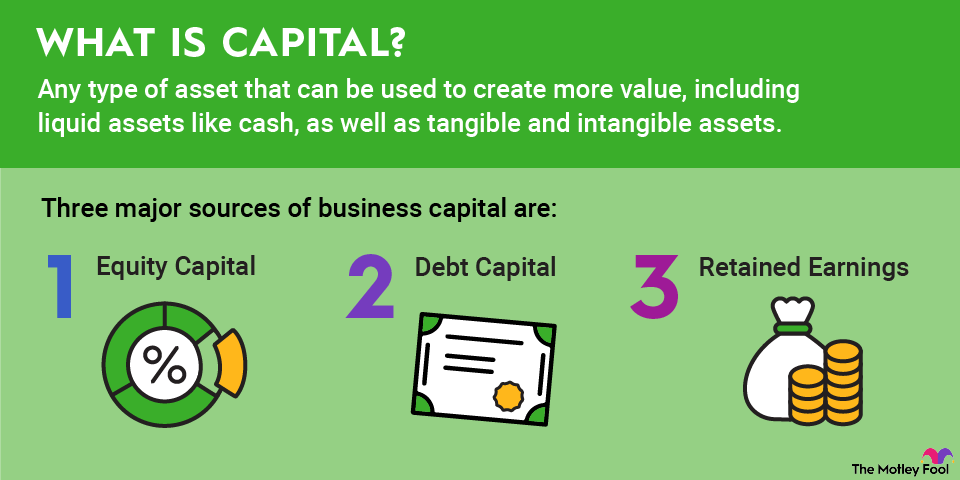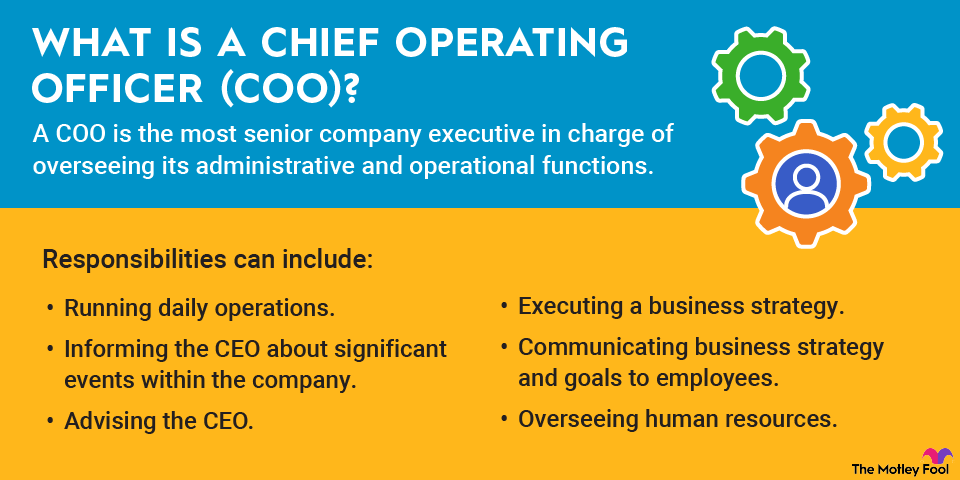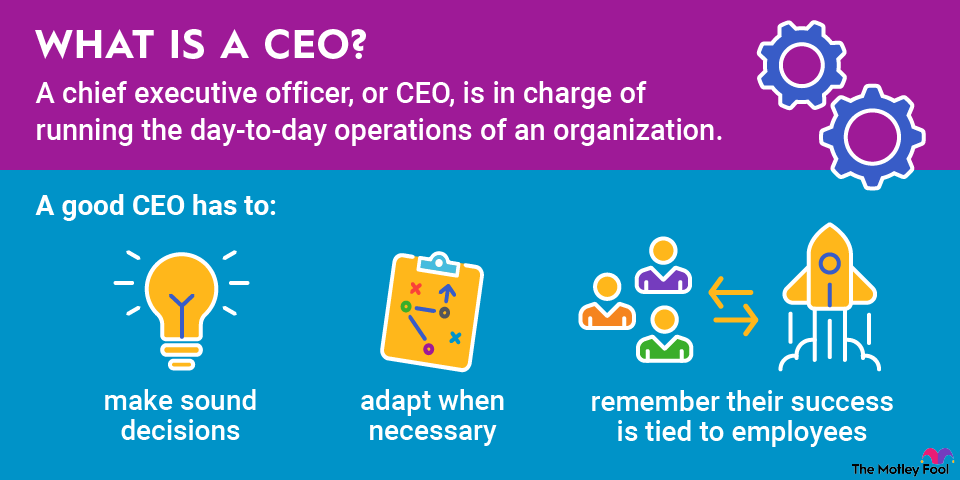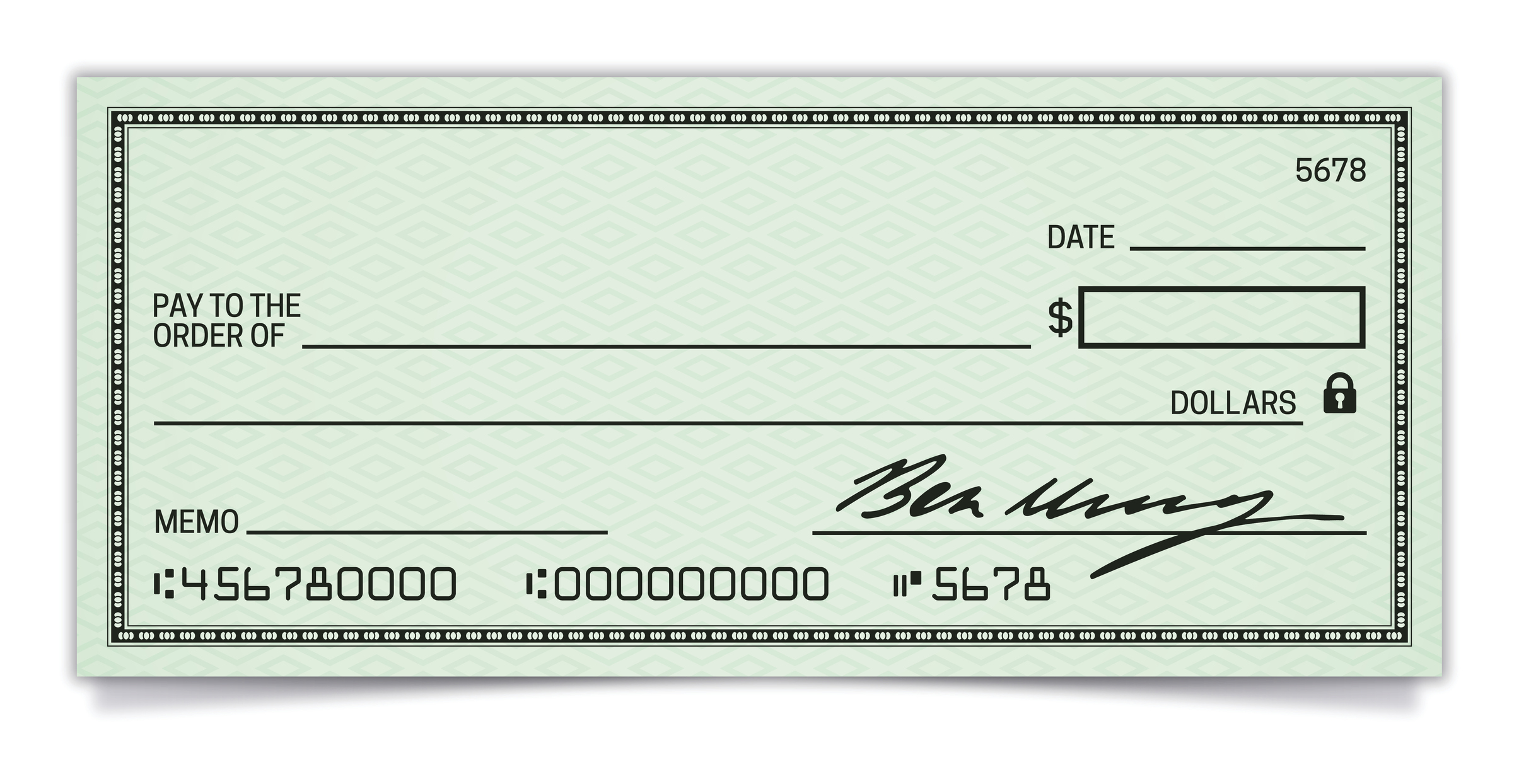Pros and cons of long- and short-term capital gains tax
Capital gains taxes are very different from income taxes, and both long-term and short-term gains can provide some benefits. They also come with a few drawbacks.
Pros
Capital gains taxes are deferred until you actually sell an investment. So, if you have a $50,000 gain on paper, you don't actually have to pay taxes on that gain until you sell the investment. Importantly, you can sell just part of the investment every year to keep your annual tax burden low if you don't mind holding it for a long time.
This can be a benefit for short-term capital gains. If you make an investment mid-year and it goes straight up, you can defer selling until January and may not have to pay any capital gains taxes until April of the following year.
Another advantage is the preferential tax rates for long-term capital gains. Investors who buy and hold are rewarded with significantly lower tax rates on their gains. Over time, those savings add up.
Cons
A big negative of capital gains taxes is that they cut into your return on investment. You may have just sold a stock for a 20% gain, but, after state and federal taxes, your gain may be significantly lower.
The lower tax rate for long-term capital gains can provide a perverse incentive to hold investments for too long. If you make an investment and your holdings appreciate quickly, you may want to take some money off the table regardless of the tax consequences.
You also may require an extra level of tax planning for capital gains to minimize taxes, or capital gains taxes could force you to pay more for tax preparation.
